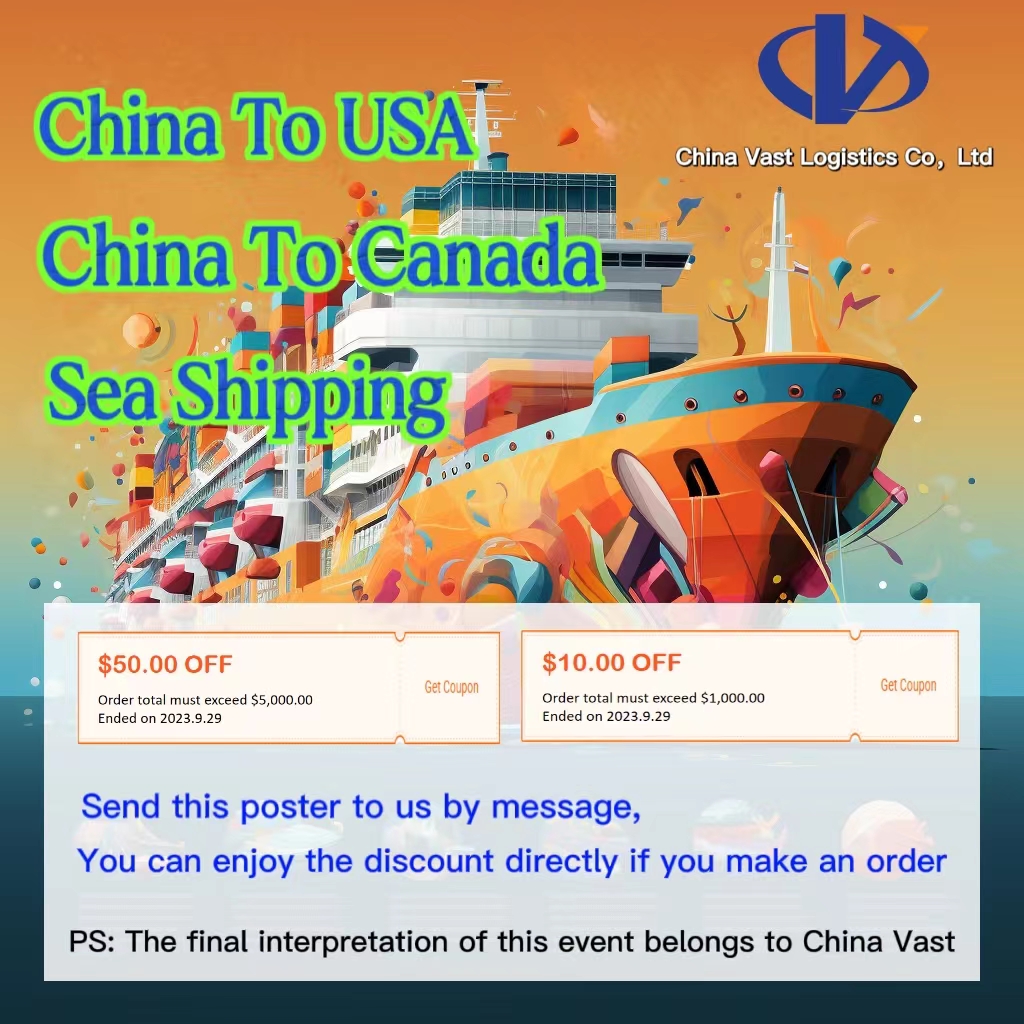Shipowners, Shipping Companies, and Ship Agents play important roles in the shipping industry, with both connections and distinctions between them.

Connections:
- Business Relationship: The shipowner is the owner of the vessel, the shipping company is responsible for the vessel’s operation and management, the ship agent acts as the representative of the shipowner or shipping company, and the freight forwarder mainly serves the cargo owner. These four parties collaborate with each other during the transportation of goods, working together to ensure the smooth movement of goods from the point of origin to the destination.
- Related Interests: The shipowner earns revenue by leasing vessels or transporting goods; the shipping company generates income from freight charges; the ship agent profits by charging agency fees; and the freight forwarder charges the cargo owner service fees while also paying relevant fees to the shipping company or ship agent. All parties’ interests are interconnected.
Distinctions:
- Shipowner: The actual owner of the vessel, which could be an individual, company, or financial institution. The shipowner holds the property rights and disposal rights of the vessel.
- Shipping Company: A company engaged in the operation of shipping services. It either leases or owns vessels to transport goods or passengers on specific routes, earning revenue mainly from freight charges.
- Ship Agent: Also known as a shipping agent, this is an entity entrusted by the shipowner or shipping company to handle port-related matters, such as managing port entry/exit procedures, arranging pilots, overseeing loading and unloading, and coordinating warehousing services.
- Freight Forwarder: A party authorized by the cargo owner to handle transportation-related matters, such as booking cargo space, customs clearance, inspections, warehousing, and other logistical tasks.
Scope of Business:
- Shipowner: Primarily responsible for the purchase, lease, maintenance, and crew staffing of the vessel, ensuring its normal operation.
- Shipping Company: Responsible for creating transport plans, arranging shipping routes, dispatching vessels, setting freight rates, and signing transportation contracts with cargo owners or freight forwarders.
- Ship Agent: Focuses on port-related tasks, such as handling port entry and exit procedures, arranging vessel berthing, overseeing loading and unloading operations, and managing crew embarkation and disembarkation.
- Freight Forwarder: Specializes in providing one-stop freight services for cargo owners. Based on the owner’s needs, they select appropriate transportation methods, shipping companies, and routes, and handle tasks like cargo booking, customs clearance, inspection, and other related procedures.
Service Targets:
- Shipowner: Primarily serves shipping companies by leasing vessels for their operations or establishing their own shipping company to manage transportation.
- Shipping Company: Directly serves cargo owners or indirectly serves them through freight forwarders, assuming responsibility for the transportation of goods.
- Ship Agent: Serves shipowners or shipping companies, acting on their behalf to manage port-related affairs.
- Freight Forwarder: Serves cargo owners, providing customized freight solutions based on their specific needs.

